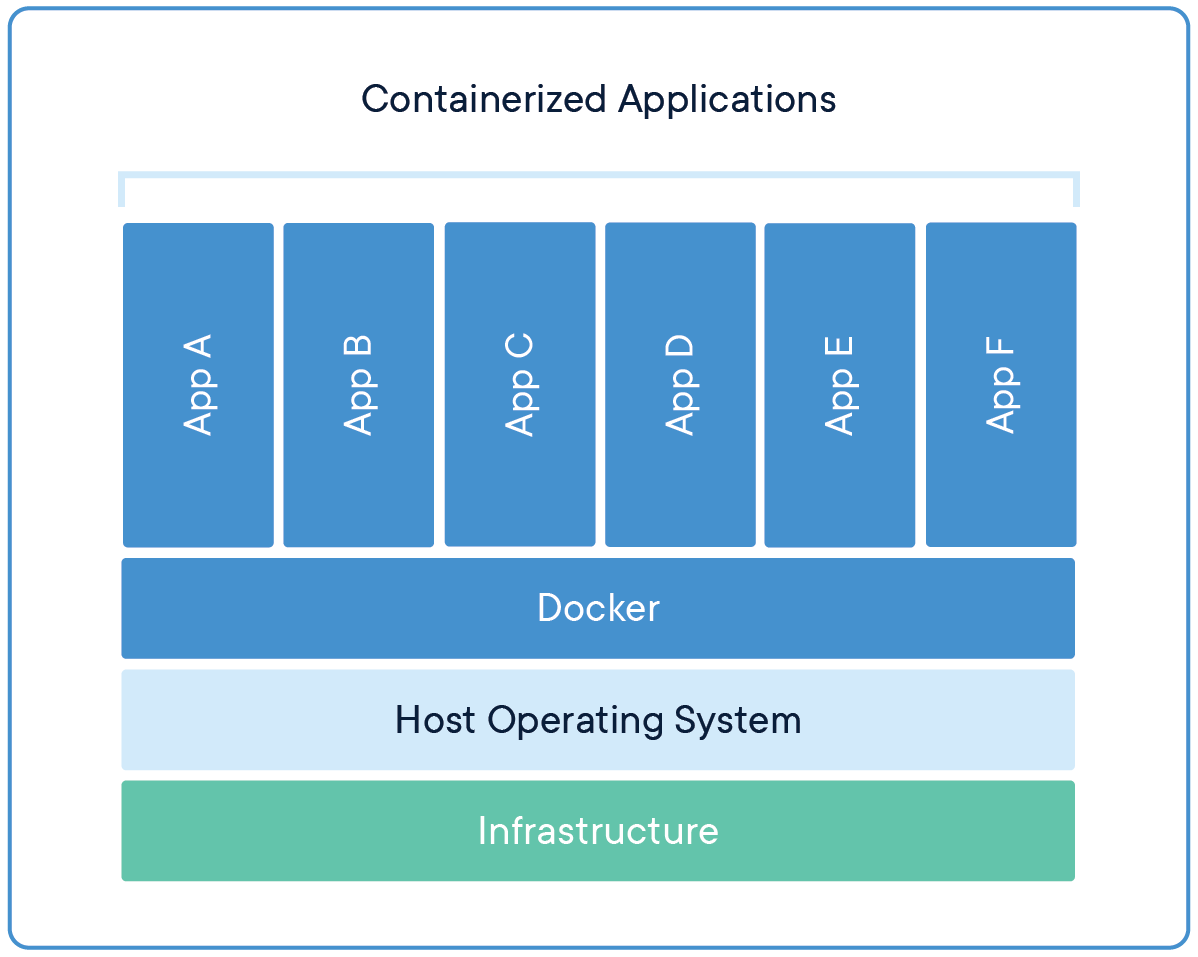Can Kubernetes run without docker
Posted By :Kapil Soni |29th December 2022
Since Docker helps to produce a container that is managed by us using Kubernetes, we are aware that Kubernetes (K8s) is a container orchestration technology. The app is shipped and packaged in Docker containers. However, as is already known, Kubernetes (K8s) supports a number of container runtimes, Docker being one of them. Additionally, one of the most widely used container tools is Docker. Container technology first gained popularity thanks to Docker. Kubernetes and other orchestration technologies become necessary as a result of it.

So let's learn about Docker:
There are three parts to the Docker Engine. After having a Docker server, we can connect with it via the Docker API or use the Docker CLI to run commands on the server. The Docker server itself has the following functionalities and components:
Container Runtime: This program manages the entire lifecycle of the containers, including starting and shutting them.
Volumes: They are used in Docker for data persistence.
Network: It enables Docker containers to be connected to other networks and parts.
Build Image: This feature enables you to create a customized image or change an existing image before using it.
What is required for Kubernetes to operate containers?
The Container Runtime of Docker is the only component of all those listed above that Kubernetes requires in order to run the containers inside the cluster. Since K8s has its own features, such as Kubernetes CLI, Kubernetes Volumes, and Kubernetes CLI, it doesn't require all of the functionalities that Docker provides.
What news did you hear about Kubernetes ceasing to support Docker?
In the year 2020, there was a report that Kubernetes would no longer support Docker. Let's get this straight: in order for Kubernetes to communicate with any of the aforementioned Docker components, Docker must first be engaged with. "dockershim" is a tool that Kubernetes uses to communicate with Docker. As was said in the paragraph above, K8s merely requires Container Runtime.
Therefore, the code in Kubernetes that communicates with Docker (dockershim) is what Kubernetes is depreciating.
It makes sense to only deploy the Container Runtime component of Docker to the K8s so that containers can operate in a cluster. As a result of the installation being significantly smaller, resources like RAM and storage will be saved.

Additionally, it will lessen security risk because the danger is proportional to the number of components you have.
addressing the key query.
Yes, Kubernetes can function without Docker. Here's why:
Contained is the Container Runtime that Docker employs. In order to deploy it as an independent container runtime and utilize it in the Kubernetes cluster, Docker has separated it from its Daemon. The project that is now housed was created and is maintained by CNCF. So, instead of Docker, we can utilize contained in a Kubernetes cluster. In the K8s cluster, the container is actually already in use on several important cloud platforms. For instance, AWS EKS and GCP's GKE both use containers as the container runtime.
The Kubernetes cluster uses Containers, an established and well-liked container runtime. Utilizing containers will be quite beneficial as it would lower the overall



